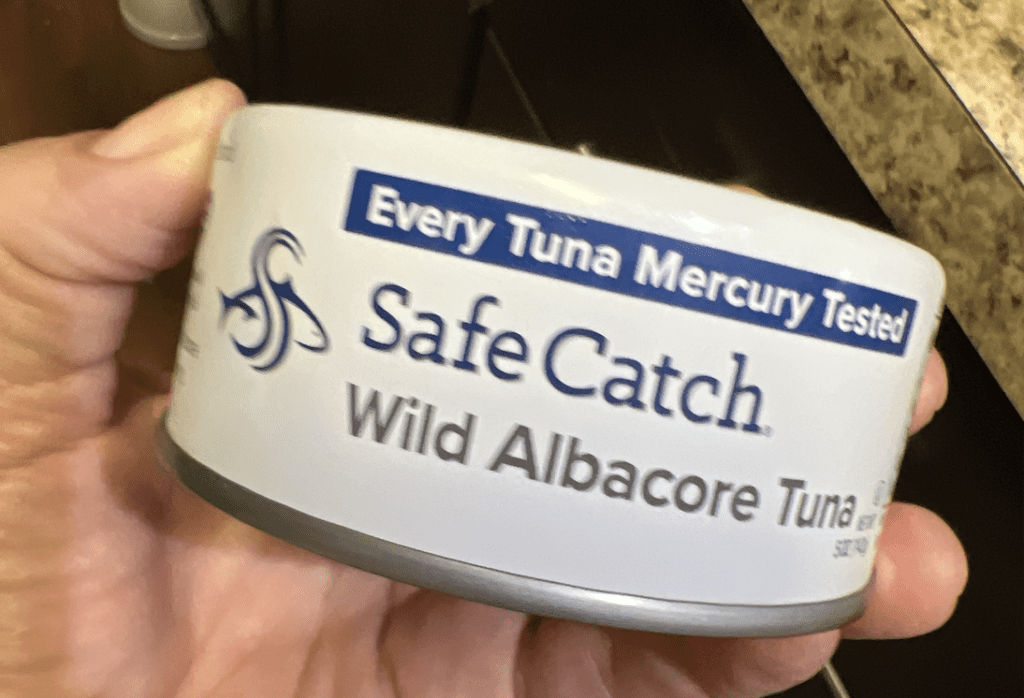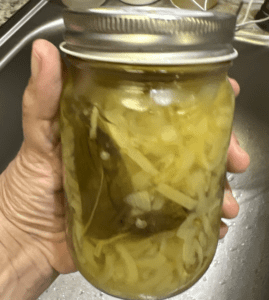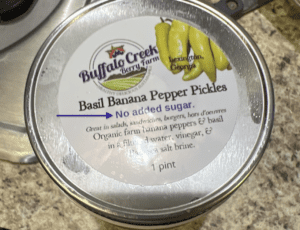Wild caught Tuna vs. Farm Raised Tuna
Making informed choices about your food supply drives your physical and emotional wellbeing. When shopping for seafood, you can select from either wild-caught or farm raised.
What is the difference?
Wild-caught seafood is caught from natural habitats (e.g., lakes, oceans, rivers) and farmed raised seafood is raised in large tanks or freshwater enclosures.
Why does this matter?
Research shows that wild-caught fish can be healthier than farm-raised. Farm-raised fish live in close confines, swimming in close proximity to each other. This means that they swim in their own feces. Think about that for a minute.
Since we know that we are what THEY eat, consider the food supply of your food. Yep. Read that again. What are they really eating? Because if you are eating farm raised fish, in general they are filled with antibiotics, artificial colors and pesticides. The wild-caught fish can also be an issue. They can be filled with heavy metals such as mercury, so check your sources. All these toxins are synthetic and are stored in your fat cells and eventually will manifest as dis-ease.
As you may know, 70% of your brain is fat. So, if your fat cells are the storage space for toxins, this will impair your cognitive function, and likely negatively impact the “happiness factor”. That’s right, when I ate that stuff, I became agitated, depressed, filled with anxiety. It was not pretty.
So, how do we choose?
At Suson Essentials, we choose wild-caught and select brands that are TESTING for mercury. At the time of this blog, some brands we particularly like are the Safe Catch Elite Pure Wild Tuna and Safe Catch Wild Albacore Tuna. This is not a blanket recommendation. Manufacturing processes are always changing, so we have to continue to be vigilant in checking the source of our food. #criticalthinking

The Brain Gut Connection and the Power of Fermented Foods
I like to find ways to add fermented foods to my meals. When we make Tuna salad, we add all sorts of goodness to keep our meals nutrient dense, filled with diverse healthy bacteria and healthy fats. I consume fermented foods to support healthy digestion and cognitive function. It supports my immune system, kills harmful yeast and microbes and can help fight allergies. I always notice a difference in my emotional wellbeing and focus when I am adding fermented foods to my daily diet. They might include Kefir, Kombucha, Kimchi, or Sauerkraut.
Reducing inflammation is important
I encourage you to find ways to include fermented foods in your meals. I mix them into all sorts of recipes, including this recipe below.


Tuna Salad
- 1 small cucumber chopped up (about 3 –4 ounces)
- 1 teaspoon minced garlic
- 1 teaspoon Onion powder (or ¼ cup of chopped onions)
- 2 tablespoons sweet relish, Sauerkraut, or pickled peppers (add more or less to taste)
- 1 tablespoon of yellow mustard
- 1 tablespoon Dijon mustard
- 2 tablespoons of organic mayonnaise
- 3 cans Tuna mashed
- 3 hard-boiled eggs– chopped up fine
Combine all these ingredients in a bowl and blend together. Serve on a lettuce wrap, or with simple mill crackers (made from almond flour), Ezekiel bread or your favorite organic chips.
The best way to enjoy your meals is to source them responsibly. These small changes can have a tremendous shift in your emotional and physical wellbeing. The Functional Food Program creates a clear path to health. Start your journey today and co-create a future filled with optimal health.
Author: Tealee A Brown
Editors: Rev. Jodi L Suson, Andrew T. Calhoun
Sources:
https://www.organicconsumers.org/news/how-fish-farms-destroy-ecosystem-and-threaten-your-health
https://www.organicconsumers.org/blog/your-support-needed-help-end-industrial-fish-farms








